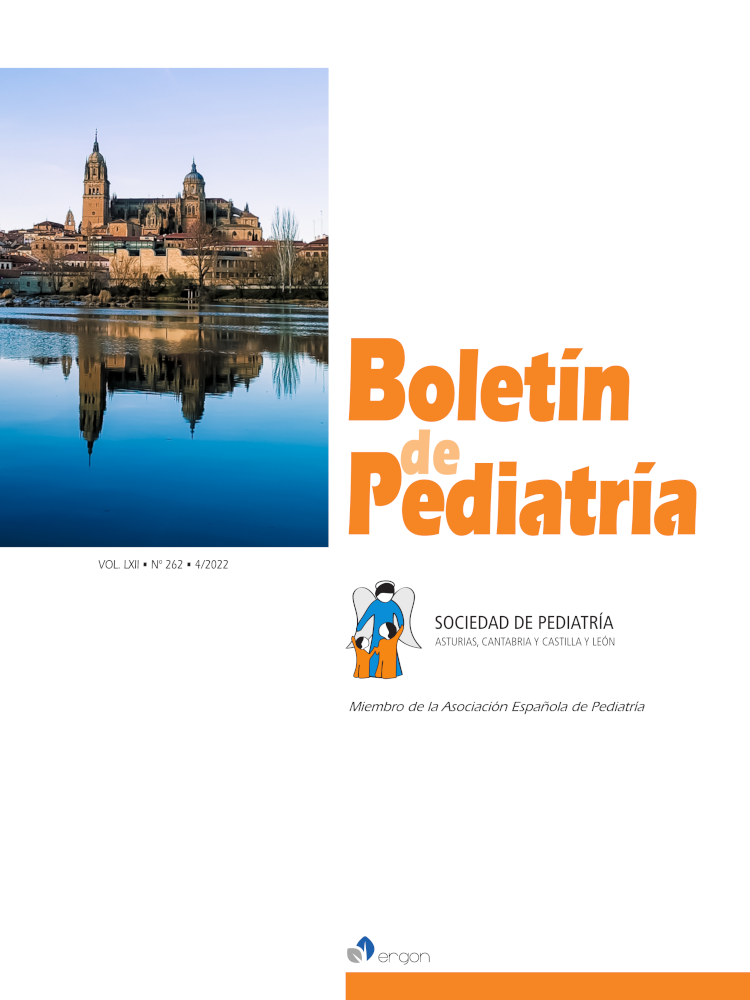Abstract
Introduction. Our aim is to know the impact of the pandemic on pediatric activity in Primary Care.
Patients and methods. Retrospective observational study of pediatric activity in an urban Health Center between January 2019 and March 2021. Stratified randomization is performed to choose the week and day. All patients are included. The information collected is extracted from the Medora program. Date of consultation, date of birth, professional, sex, chronic pathology, type and reason for consultation, recent hospitalization and involvement by COVID-19 are collected. Binary logistic regression analysis and regression analysis of joinpoint are performed.
Results. The sample is made up of 1802 consultations. Trend in consultation rates is stable globally and in nursing care, but there are seasonal changes in pediatric care. During the pandemic, the demand/urgent consultation was lower than scheduled (Odds Ratio = 0.19, 95% CI 0.1 to 0.3) and telephone/non-face-to-face consultations were higher than scheduled (Odds Ratio = 4.01: 95% CI 2.3 to 6.95). The behavior of consultations by type of pathology, review consultation, vaccinations or administrative aspects has been similar before and during the pandemic.
Conclusion. The number of consultations in our Health Center has been similar along the studied period. Telephone/non-face-to-face assistance has been four times higher than scheduled consultation. There are seasonal differences in pediatric care with a summer decline.

This work is licensed under a Creative Commons Attribution-NonCommercial 4.0 International License.
Copyright (c) 2022 Boletín de Pediatría
